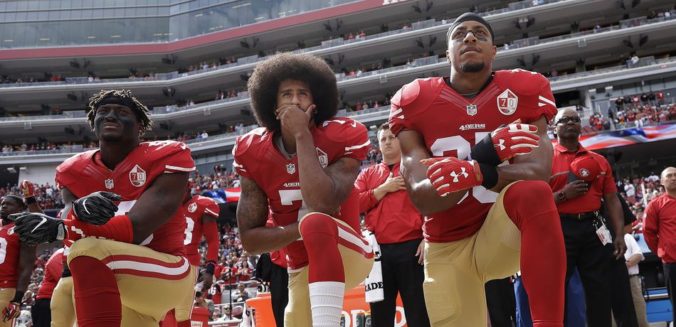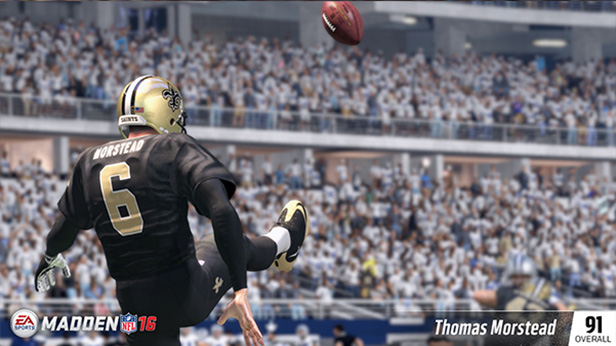Colin Kaepernick’s “Intent to Use” trademark filing explained
ESPN once again published another article about an athlete seeking to protect his trademark rights in the United States. I have written about this topic before. More than a few times – to be precise. I still maintain that these “athlete trademarks” are getting absurd. Colin Kaepernick, however, is a substantially different athlete in terms of branding and awareness and overall newsworthiness. Kaepernick’s company filed a series of new applications to register a particular mark on October 5, 2018 with the United States Patent and Trademark Office. This provides another good opportunity for an analysis of what trademarks are and how trademark registrations work.
More importantly, it allows for continued discussion on how “trademark” and “trademark registration” are entirely different things. Plus, another reminder of the fact that there is no such thing as a “trademark application.”


Recent Comments